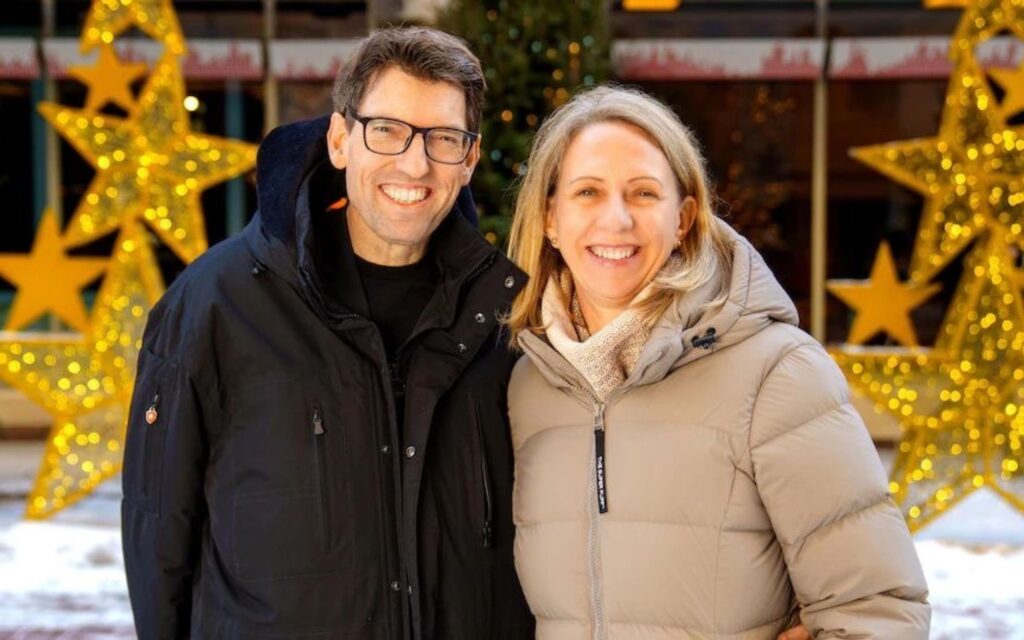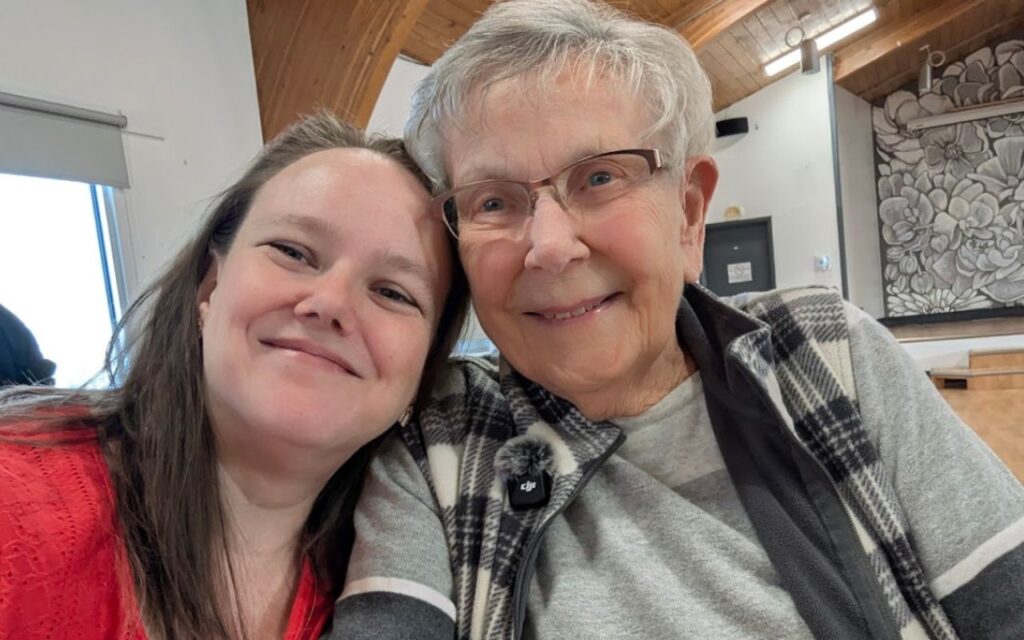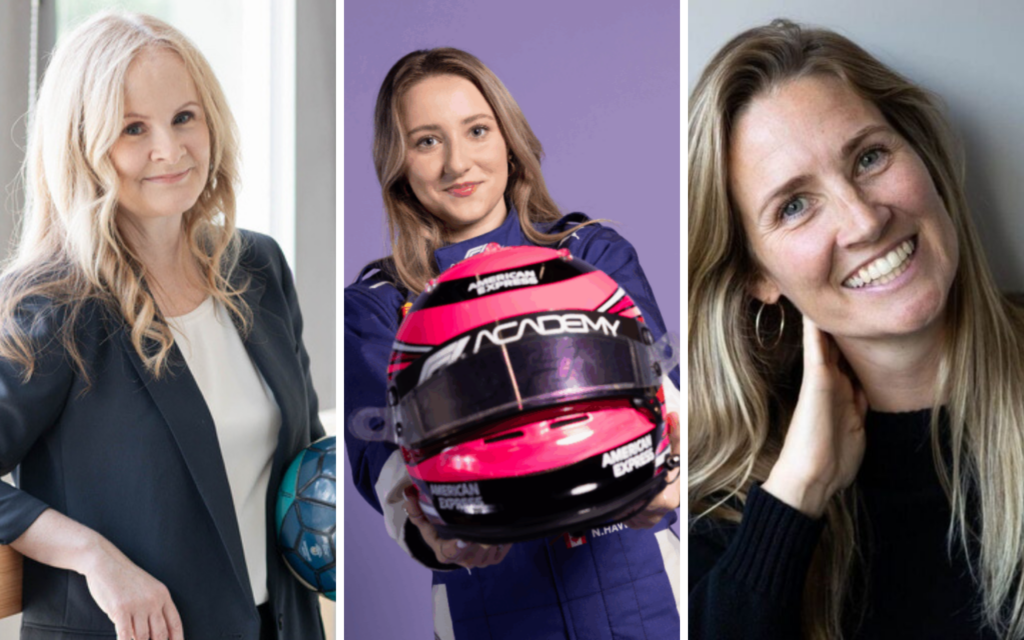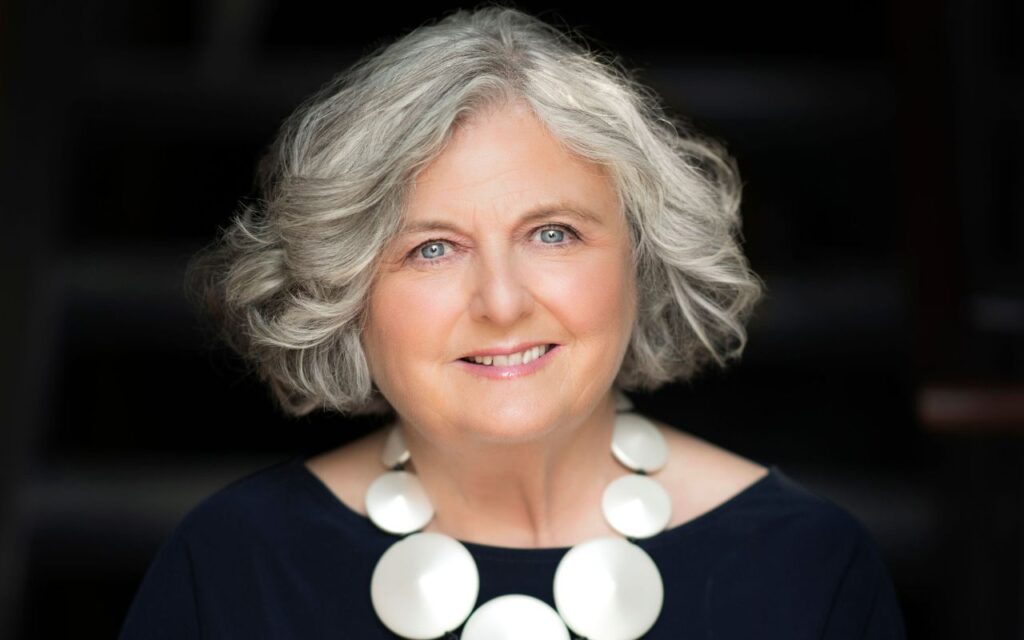
DEI (short for Diversity, Equity, and Inclusion) is all the rage these days. It is used to mean positive affirmative action by some and as a mean put-down by others who can’t believe they have to compete in this life.
What’s really at stake in using this term is ensuring that we all have a fair chance in life to achieve our goals and dreams.
To some, DEI may seem a recent challenge in Canadian society, but believe me, it is not. I cite only a few personal examples here.
Decades ago, I earned an entrance scholarship to university by winning a regional debating tournament in my last two years of high school. When I arrived at university, I joined and became the first woman president of that university’s English debating society. All the males who preceded me in that role were offered a place in the university’s law school. But not me. Why? The answer when I asked was a sign of the times. “We never thought as a girl that you would want to attend law school!”

That year, for the first time ever, 21 “girls” (out of a class of 120) were allowed to enter that law school.
Were we just tokens? Were we no more than DEI entrants taking the place of 21 “boys” (all of whom were white)? More than once, I was challenged by one of those boys, asking why I was taking the place of another guy who would need the job while I, as a married woman (pregnant in my last year), should stay at home with my child.
Later, upon graduation, some of us were even told in job interviews that our chances were slim at being hired, as married women might get pregnant. Regardless, the firm already had a woman lawyer, and that was enough. When women did have children, many law firms put them on the “mommy track,” adding another couple of years of work before they could make partner. However, the same did not apply to their husbands, even when practicing in the same law firm.
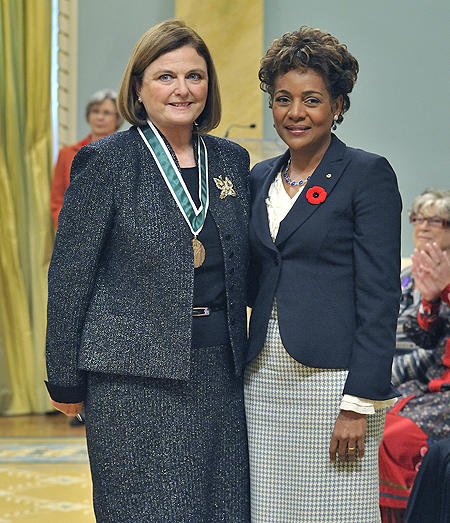
My take on this issue is informed by this and other similar experiences that I — and many of my female contemporaries — faced throughout our careers. It’s disheartening to know that so many of the challenges remain the same, even if our fight for women’s equality and fair treatment has indeed achieved a great deal in the past few decades.
Imagine how frustrating it has been for women of all ages, for instance, to watch, in 2024, a fully qualified candidate for President of the United States be called a DEI choice because she is female and of Black and Indian heritage. What blatant discrimination; what sheer ignorance! No wonder qualified candidates of diverse backgrounds, especially women, hesitate before deciding on a political career. Why step forward for elected office when exceptional and diverse role models face these kinds of spurious comments?
When I ran for Parliament in 1988 in an Ottawa seat, I faced similar disrespect and treatment by those who opposed me. My husband was a cabinet minister seeking re-election in his Alberta riding of Yellowhead. I remember being ridiculed by one of my opponents who would ask the audience at our debates: “Would YOU let your wife run for Parliament rather than be out working for you?”
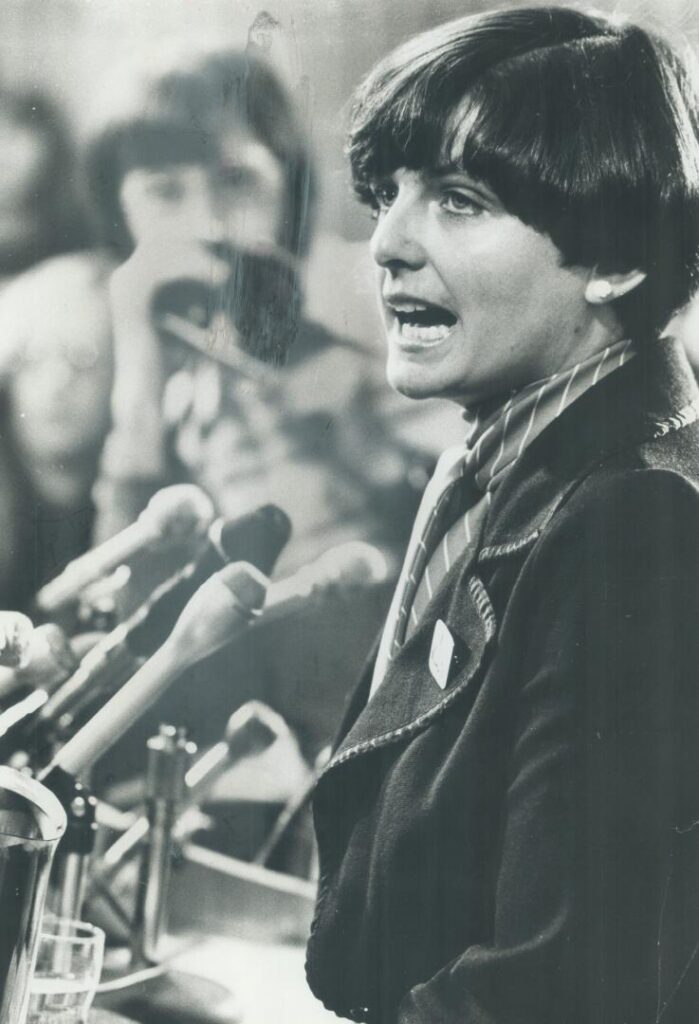
I remember being humiliated and hurt until one evening, in a rural part of the riding, a local farmer stood up and told him to stop. Others joined in and applauded. At that moment, I felt that I was doing the right thing and, just as important, that I belonged. This is the message that the words diversity, equity, and inclusion are meant to convey. You belong. If you are qualified, then nothing should hold you back from achieving your goals and dreams.
The women of my law class and I, as women in a white male-dominated profession, faced similar challenges some decades ago. But we were not deterred. We used our legal education and passion to move our society forward. We helped lay the groundwork for Charter and human rights laws that allow us now to tackle the significant challenges inherent in the words Diversity, Equity, and Inclusion. Let’s continue that work as we move our communities forward so all Canadians can thrive and succeed.



